
Aretha Franklin was the Queen of Soul and, according to Barack Obama, “helped define the American experience”. Success, however, didn’t happen overnight – when she delighted the mainstream in 1967 with her cover of Otis Redding’s ‘Respect’, she’d already recorded ten albums.
Introduction
Franklin grew up in Detroit, the daughter of Baptist preacher C. L. Franklin, and the gospel she absorbed at church was a huge part of her musical DNA. She had her first child at the age of 12 and released her first album, ‘Spirituals’ at the age of 14. She signed with Columbia in 1961, where she endured a middling career – it wasn’t until she signed with Atlantic in late 1966 that she found commercial success.
Franklin is understandably known as a powerhouse vocalist, but her skill as a pianist is often overlooked. Keith Richards later said that “she starts playing those beautiful gospel chords.”
Franklin’s most popular era was the late 1960s and early 1970s, with records like Lady Soul and the live gospel of Amazing Grace. That’s the period I’m covering on this page, but Franklin remained a draw-card through the 1980s with hits like ‘Who’s Zoomin’ Who?’ and the George Michael duet ‘I Knew You Were Waiting for Me’. She famously filled in for opera star Luciano Pavarotti, singing ‘Nessum Dorma’ at the 1998 Grammies, while the Lauryn Hill penned ‘A Rose is Still a Rose’ is a superlative late-career hit.
Aretha Franklin Album Reviews
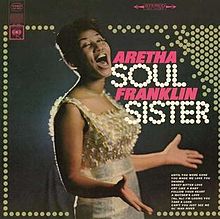
The Columbia Years
Franklin cut a bunch of records for Columbia in the 1960s, where they downplayed her gospel and R&B leanings.
Aretha: With The Ray Bryant Combo | The Electrifying Aretha Franklin | The Tender, the Moving, the Swinging Aretha Franklin | Laughing on the Outside | Unforgettable: A Tribute to Dinah Washington | Runnin’ Out of Fools | Yeah!!! | Songs of Faith | Soul Sister | Take It Like You Give It
I Never Loved a Man the Way I Love You
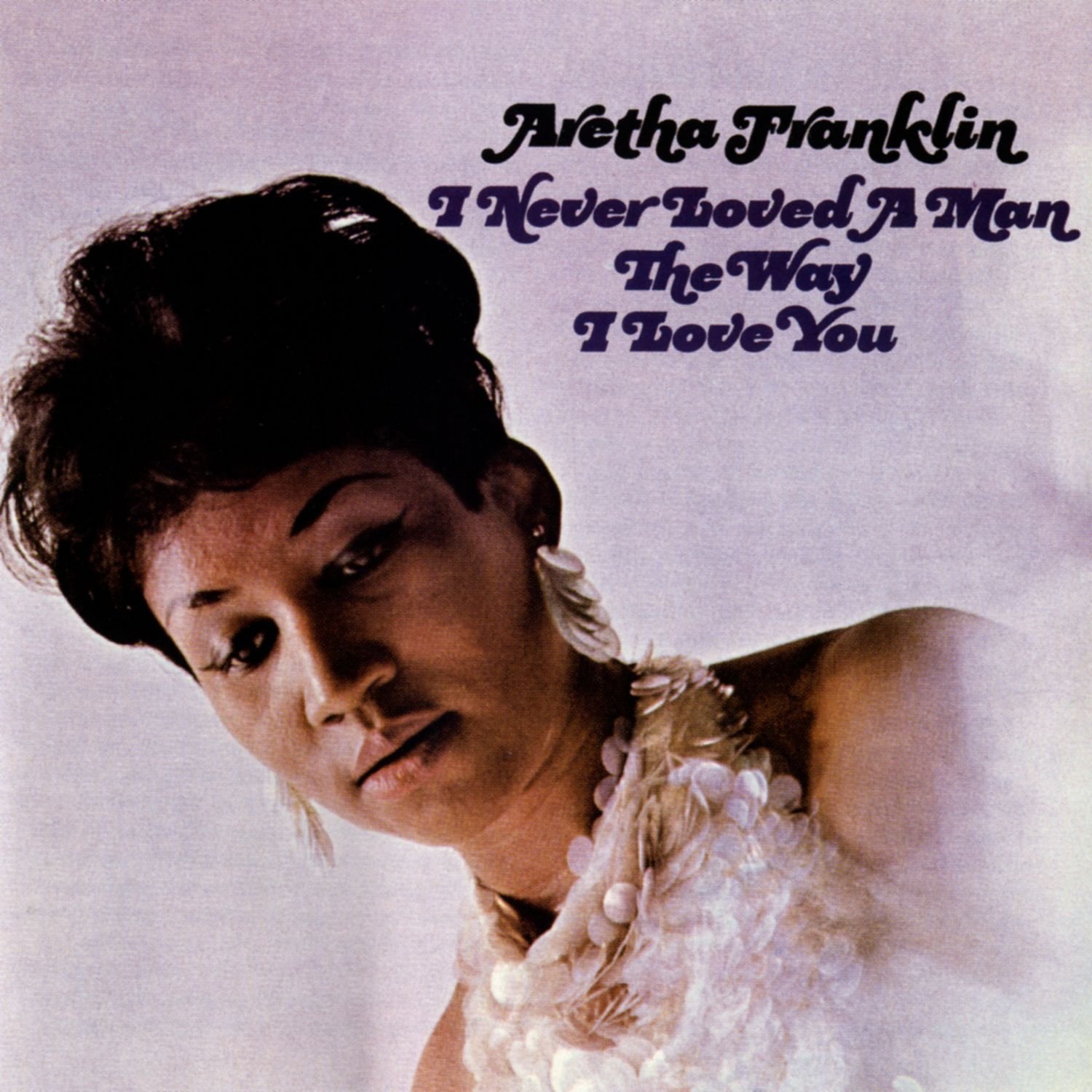
1967, 8.5/10
Franklin’s eleventh album, I Never Loved a Man the Way I Love You was effectively a career reboot. After ten albums with Columbia, where she only achieved middling success, she moved to Atlantic. She began recording I Never Loved A Man…. in FAME Studios in Muscle Shoals, Alabama, but sessions were moved to New York (with many of the same Muscle Shoals musicians) after her husband fought with the studio’s owner. I Never Loved A Man… moves away from the pop sound of her earlier records, instead providing a muscular soul sound, emphasising Franklin’s piano skills.
The title track was the first single and it reached the top ten in the pop charts, more successful than any of Franklin’s singles for Columbia. But it was the second single ‘Respect’ that became a number one hit and Franklin’s signature song. It was written by Otis Redding – a piece of music trivia that’s easy to forget in light of Franklin’s authoritative vocal and the backing vocals from her sisters. Franklin contributed four of these songs, and in particular, the slow-burning ballad ‘Baby Baby Baby’ and the upbeat R&B of ‘Save Me’ do well to hold their own among Franklin’s reading of standards like ‘Do Right Woman, Do Right Man’ and Sam Cooke’s ‘A Change Is Gonna Come’.
I Never Loved A Man the Way I Love You confidently announces the arrival of Franklin as the prodigiously talented Queen of Soul.
Aretha Arrives
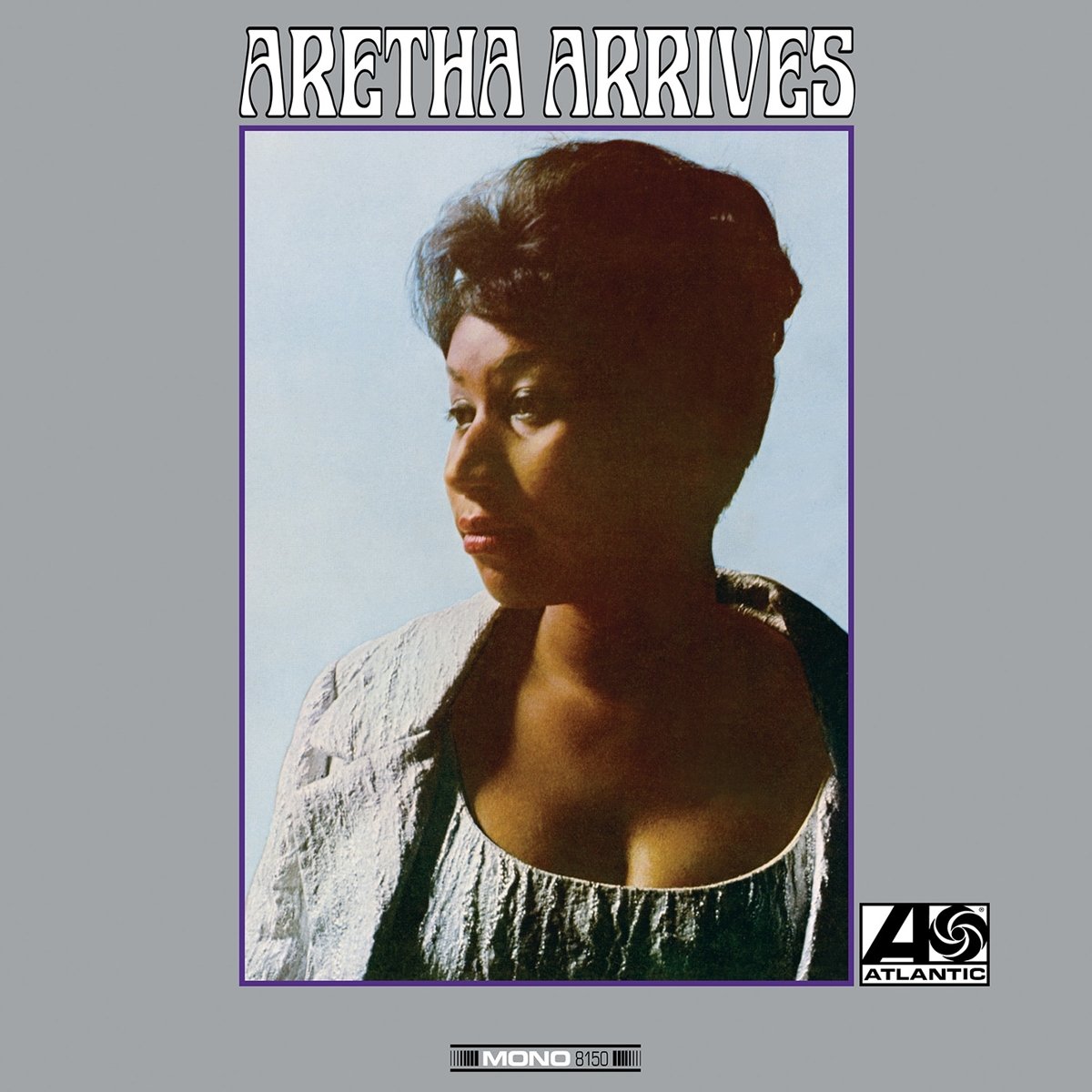
1967, 6.5/10
Aretha Arrives is a weird album title – surely it would make more sense in the past tense – Aretha’s Arrived! Franklin broke her elbow during a tour of the American south, and her piano playing was hindered during the sessions for Aretha Arrives. Oddly, and perhaps due to her lack of piano, Aretha Arrives steers away from the raw R&B sound of ‘Respect’ that made Franklin a star. Instead, it’s dominated by strings and blatant attempts at radio-friendly crossover hits – the record opens with covers of The Rolling Stones’ ‘Satisfaction’ and ‘You Are My Sunshine’.
Fortunately, there’s better fare buried deeper on Aretha Arrives. The hit was ‘Baby I Love You’, written by Ronnie Shannon, while ‘Ain’t Nobody (Gonna Turn Me Around)’ was written by her sister Carolyn – both are closer in style to the rawness of ‘Respect’ than the rest of the record. Her cover of Frank Sinatra’s ‘That’s Life’ also works well – the orchestration fits the sophisticated composition.
It’s a step backward, but Aretha Arrives is prime era Aretha, and thus enjoyable.
Lady Soul
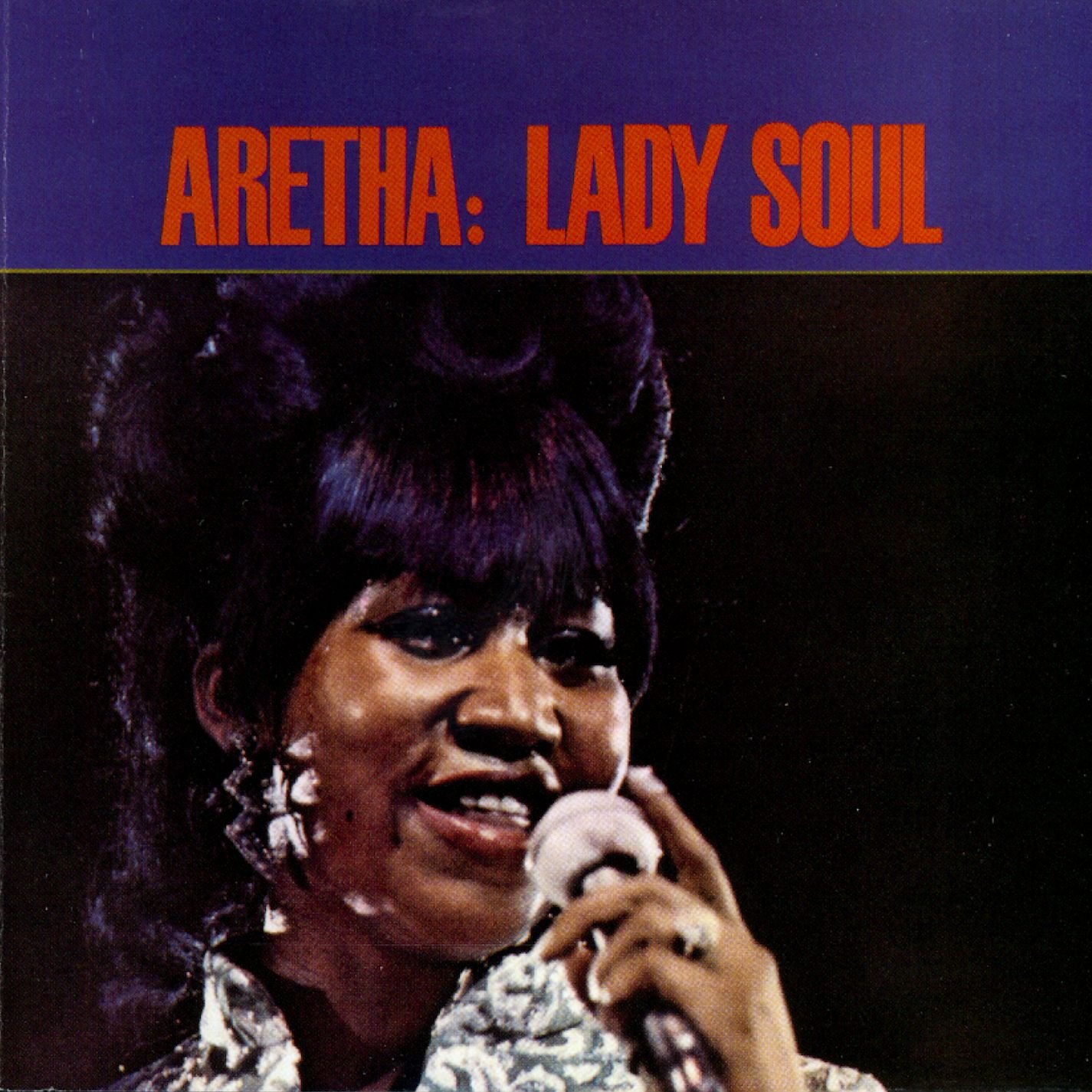
1968, 9.5/10
Franklin’s third album for Atlantic is the hard-edged soul you’d expect her to follow ‘Respect’ with. It boasted three top ten singles – ‘Chain of Fools’, Goffin and King’s ‘(You Make Me Feel Like) A Natural Woman’, and Franklin’s own ‘(Sweet Sweet Baby) Since You’ve Been Gone’. Alongside the usual Muscle Shoals crew, Eric Clapton plays guitar on ‘Good To Me As I Am To You’ while Cissy Houston joins Franklin’s sisters on backing vocals.
‘Chain of Fools’ was written for Otis Redding, but given to Franklin instead – it’s a perfect opening, showcasing Franklin’s powerhouse lead vocals and the wonderful backing vocals, and building up momentum for the record that never lets up. Franklin’s ‘(Sweet Sweet Baby) Since You’ve Been Gone’ does the same for the second side – Spooner Oldham’s electric piano and the horn section add to the joyful melange of sounds. She owns ‘(You Make Me Feel Like) A Natural Woman’, while her covers of ‘People Get Ready’ and The Young Rascals ‘Groovin” fit nicely into her oeuvre. Even the trivial material like ‘Niki Hoeky’ is infused with passion and energy, and the torch songs like ‘Good To Me As I Am To You’ and ‘Ain’t No Way’ are also outstanding.
Lady Soul is a career highlight for Franklin, emphasising her strengths over the course of an exhilarating disc.
Aretha Now
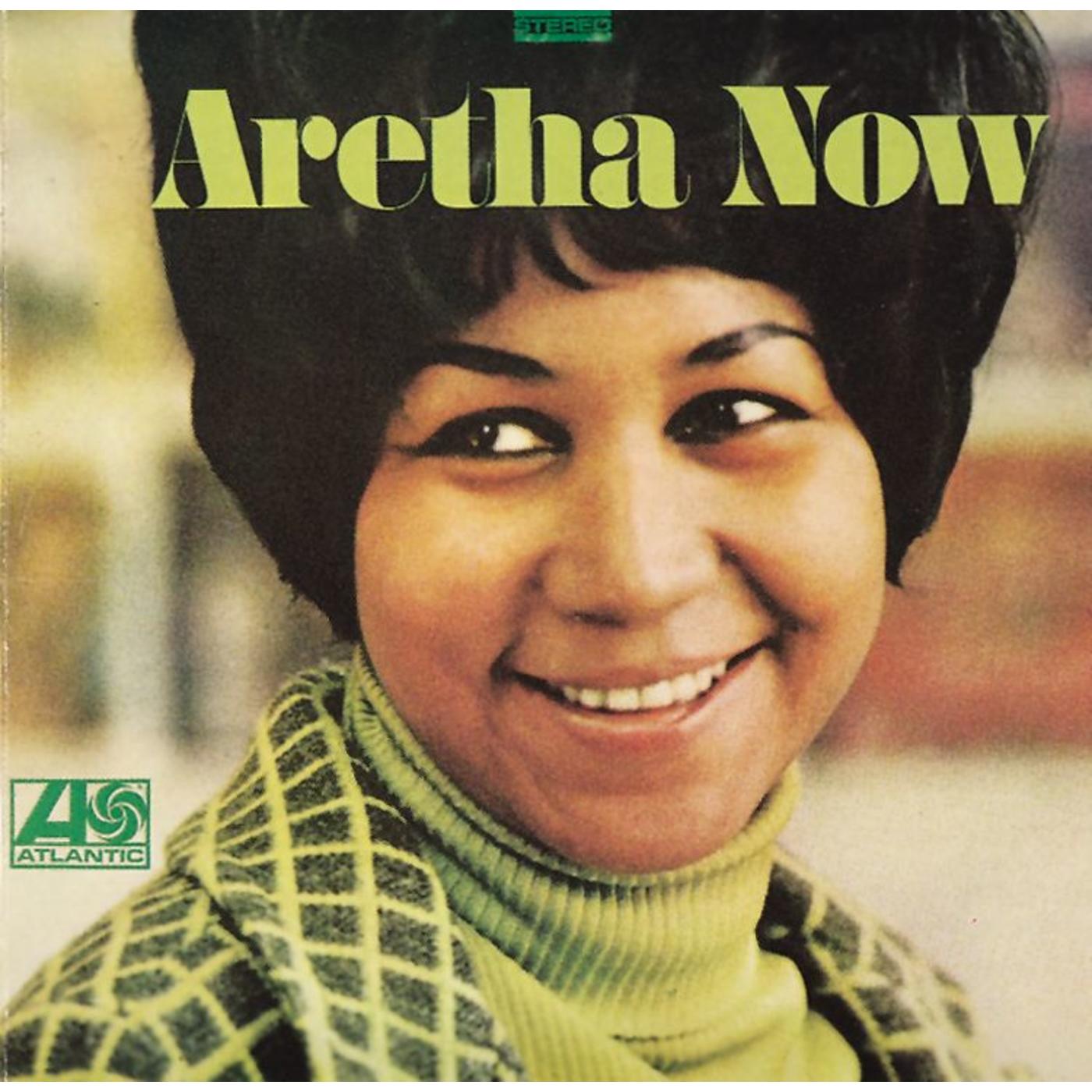
1968, 8/10
Aretha Now was recorded in five days and continues the feisty R&B and soul of Lady Soul. It doesn’t maintain the level of excitement as its predecessor. The material is less engrossing, both when Franklin takes on familiar material from Ray Charles (‘Night Time Is The Right Time’) and Sam Cooke (‘You Send Me’), and with new material – Ronnie Shannon’s ‘You’re A Sweet Sweet Man’.
Aretha Now starts with a classic trifecta of songs – Franklin’s frenetic ‘Think’, her charming version of Bacharach and David’s ‘I Say A Little Prayer’, and her cover of Don Covay’s ‘See Saw’. The big attraction on the second side is ‘Hello Sunshine’, co-written by Jimmy Cliff and originally recorded by Wilson Pickett, with a warm horn arrangement and vocal.
Aretha Now is a step down after the inspired Lady Soul – it feels like the Atlantic soul formula was starting to wear thin, and Franklin reinvented herself with her next record.
Soul ’69
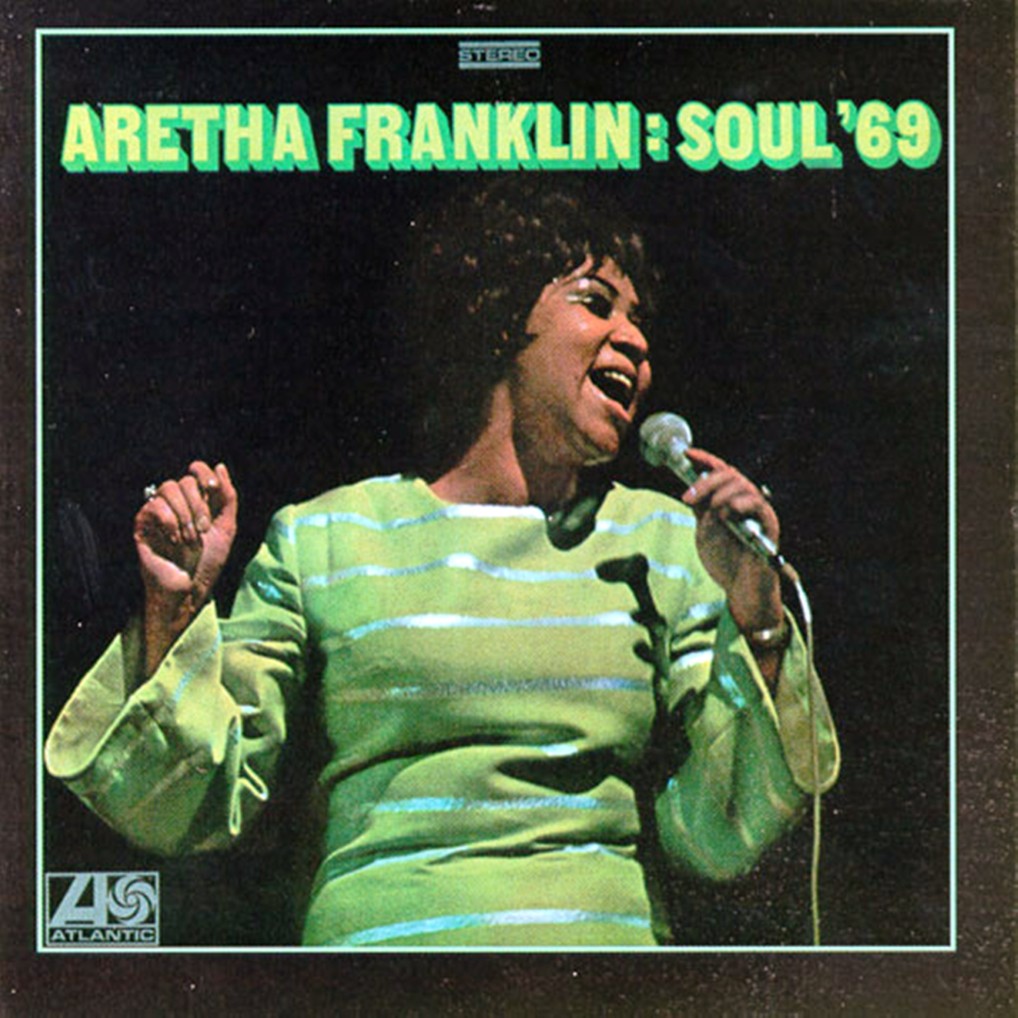
1969, 8.5/10
Soul ’69 has a misleading title – it’s actually a record of big band jazz like you’d expect from Dinah Washington or Ella Fitzgerald. It was unsuccessful for a Franklin record of the era – it didn’t generate any major hit singles, and only peaked at #15 on the Billboard charts – but it’s an inspired change of direction. Franklin’s a hugely capable vocalist, fronting a jazz-blues band with aplomb, and she’s backed by a capable cast of jazz musicians like Joe Zawinul and Ron Carter.
The vintage material is the most effective – the band rips through Big Maybelle’s ‘Ramblin” and Percy Mayfield’s ‘River’s Invitation’, and Franklin’s delicate reading of Billie Holiday’s ‘Crazy He Calls Me’ is lovely. Smokey Robinson’s ‘Tracks of my Tears’ is one of two tracks recorded with her usual rhythm section, although it fits in fine with its sophisticated horn charts. While Franklin’s covers of recent pop hits are often frustrating on her records, they make sense here as they give pop audiences an entry point and songs like ‘Gentle on my Mind’ and ‘Elusive Butterfly’ are successfully transformed into big band fare.
Soul ’69 is a successful change of direction for Franklin, demonstrating her vocal prowess to sing jazz and blues.
This Girl’s in Love with You
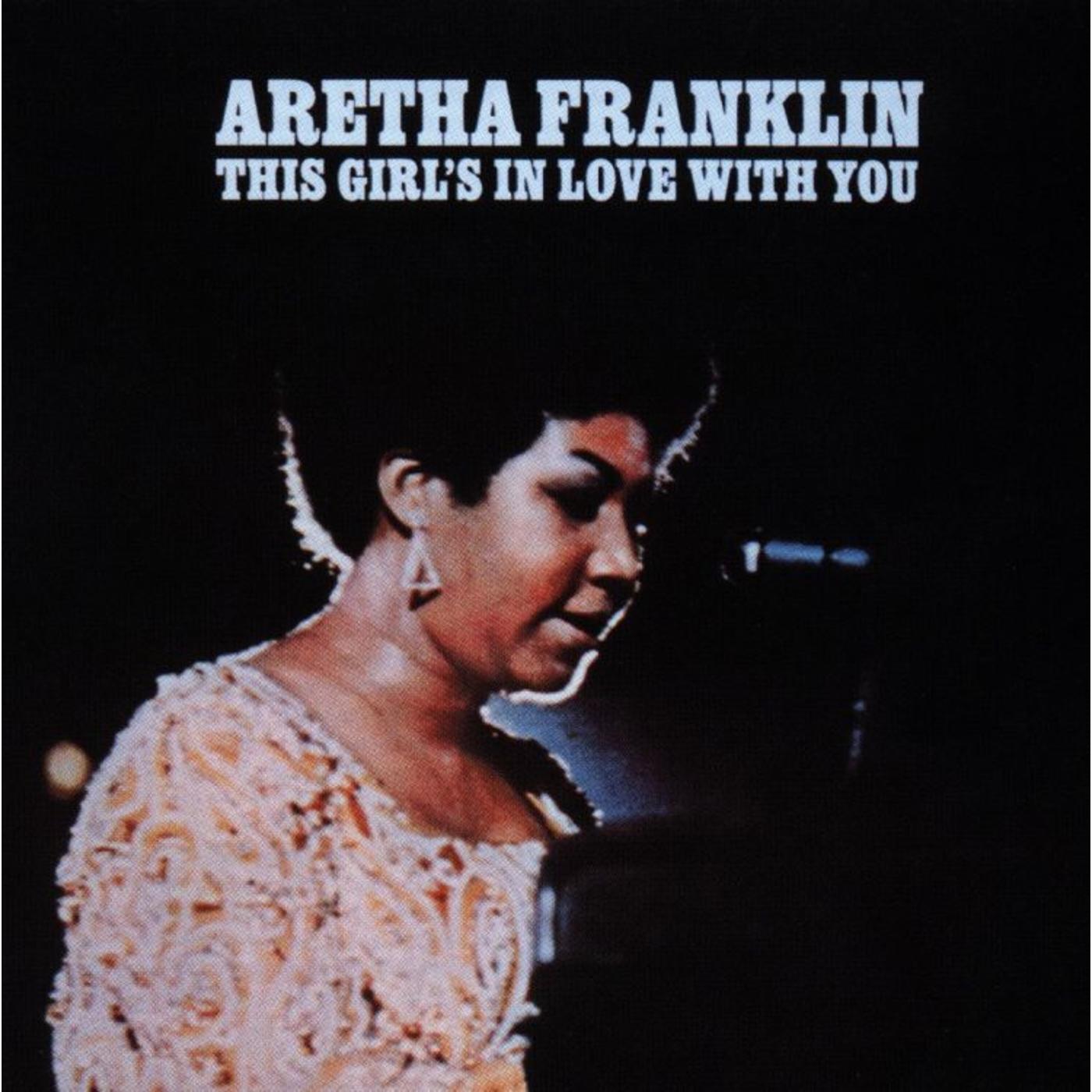
1970, 7/10
According to Rolling Stone, Franklin recorded This Girl’s In Love With You in three days. It’s the kind of competent but uninspired record that she could record in her sleep during her peak era. It has an unusually high number of pop covers – many of the ten tracks were already 1960s classics when Franklin presented them here. This doesn’t include ‘Let It Be’ – Franklin’s version was based on Paul McCartney’s demo and pre-dated The Beatles’ release. By this time, The Muscle Shoals Rhythm Section had broken away from Rick Hall to their own studio – the regular band here is Roger Hawkins (drums), David Hood (bass), Barry Beckett (electric piano and organ), and Jimmy Johnson (guitar).
The pop covers are mostly strong, but none of them is the song’s definitive version. I enjoy The Band’s ‘The Weight’, recorded uptempo and enhanced by Duane Allman’s twangy lead guitar, while The Beatles’ ‘Eleanor Rigby’ is also high-paced. Nestled among all the covers, the most effective song is Franklin’s only composition on This Girl’s in Love with You; the straightforward and emotional ‘Call Me’.
This Girl’s In Love With You is peak-era Aretha Franklin, but it’s one of her less enjoyable records from the era with its reliance on pop fare.
Spirit In The Dark
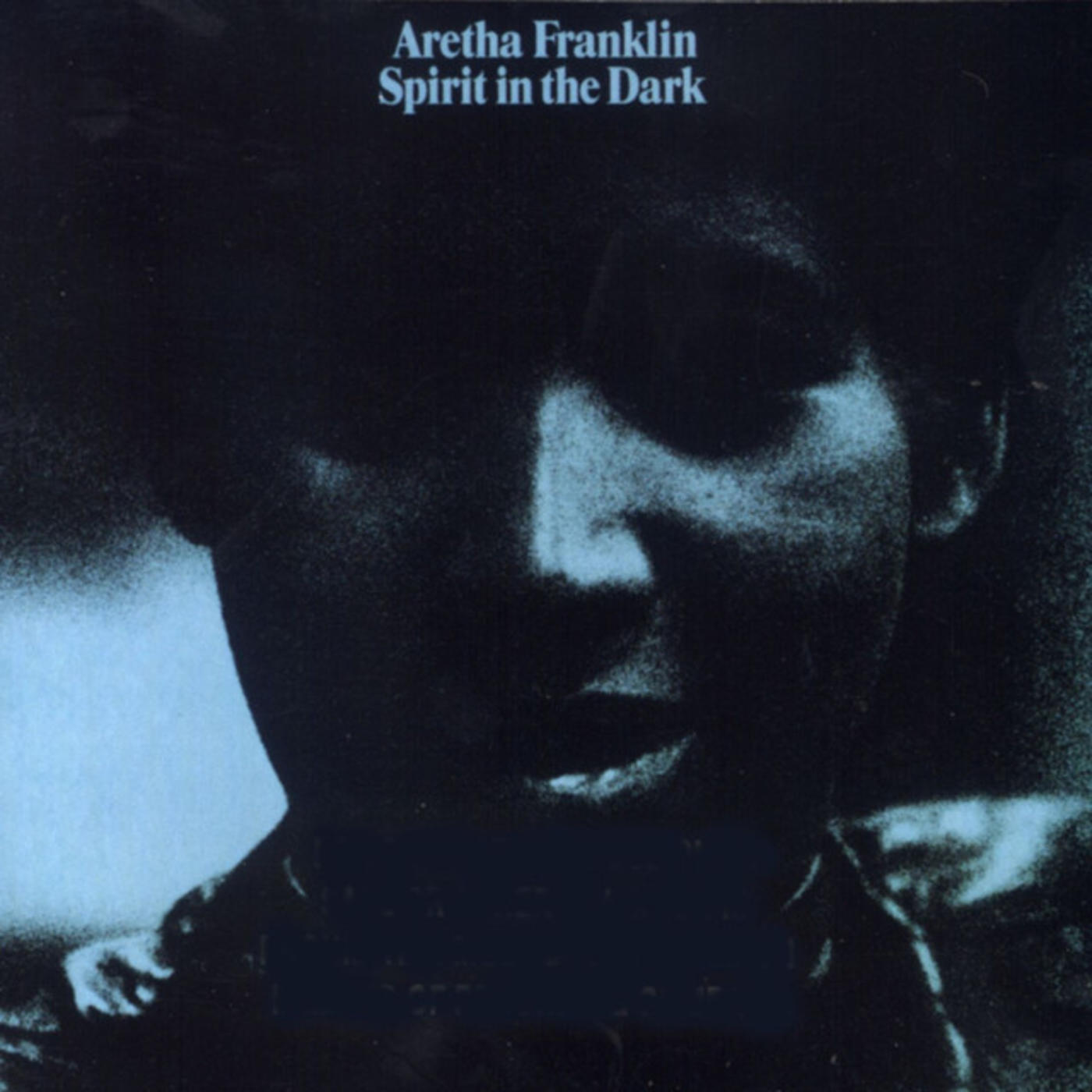
1970, 9/10
Spirit in the Dark is the record that you’d hoped that prime-era Franklin would make – her gospel influence is more overt, and the song choices form a more coherent record. Five of these songs were written by Franklin, and most of the covers are from the late 1950s or early 1960s – King and Goffin’s ‘Oh No Not My Baby’ was a hit for Maxine Brown in 1964, while B.B. King originally fronted ‘The Thrill is Gone’ and ‘Why I Sing The Blues’. Spirit in the Dark is more intimate than most of Franklin’s Atlantic records, with her piano at the centre of the arrangements. With its lack of stylistic variety and the consistent quality of songs, Spirit in the Dark is a sleeper record but it’s one of her finest.
‘Don’t Play That Song (You Lied)’, written by Ahmet Ertegun and Betty Nelson for Ben E. King, was the first single, and the title of the album in the UK. ‘The Thrill Is Gone’ magically transforms into gospel in its conclusion, while ‘Spirit in the Dark’ finds a perfect intersection between gospel and R&B. Duane Allman is back to add some muscle to ‘When The Battle Is Over’, while ‘Oh No Not My Baby’ reaches a crescendo of pop euphoria.
More low key and personal than usual, Spirit in the Dark is a little overlooked in Franklin’s discography. But in tandem with her next studio record, you could easily make a case that her artistic peak was in the early 1970s.
Aretha Live at Fillmore West
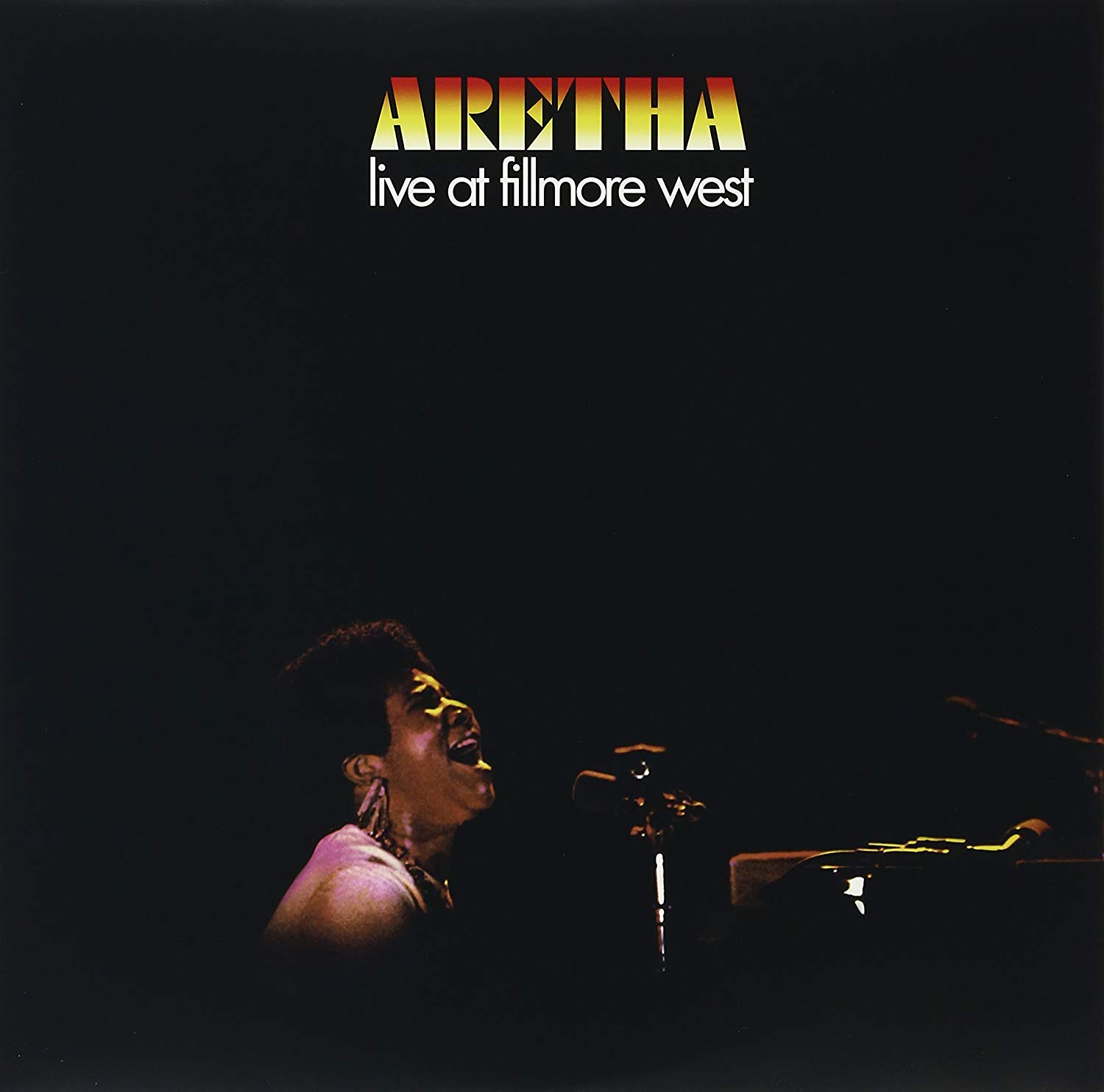
1971, not rated
I’m not always fussed about live albums, but this is a well-regarded album cut at the hippie venue Fillmore West. Franklin is backed by King Curtis’ band, while Billy Preston and Ray Charles also appear. The tracklist includes Franklin chestnuts like ‘Respect’ and ‘Spirit in the Dark’, as well as otherwise unavailable covers of Bread’s ‘Make It With You’ and Stephen Stills’ ‘Love The One You’re With’.
Aretha’s Greatest Hits
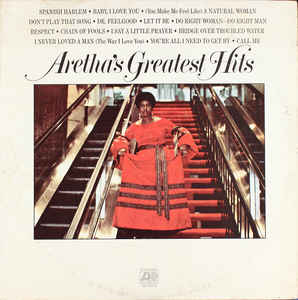
1971, not rated
I’m not reviewing this, but it’s worth noting that it contains three significant new covers; ‘Spanish Harlem’, ‘You’re All I Need to Get By’ and ‘Bridge Over Troubled Water’.
Young, Gifted, and Black
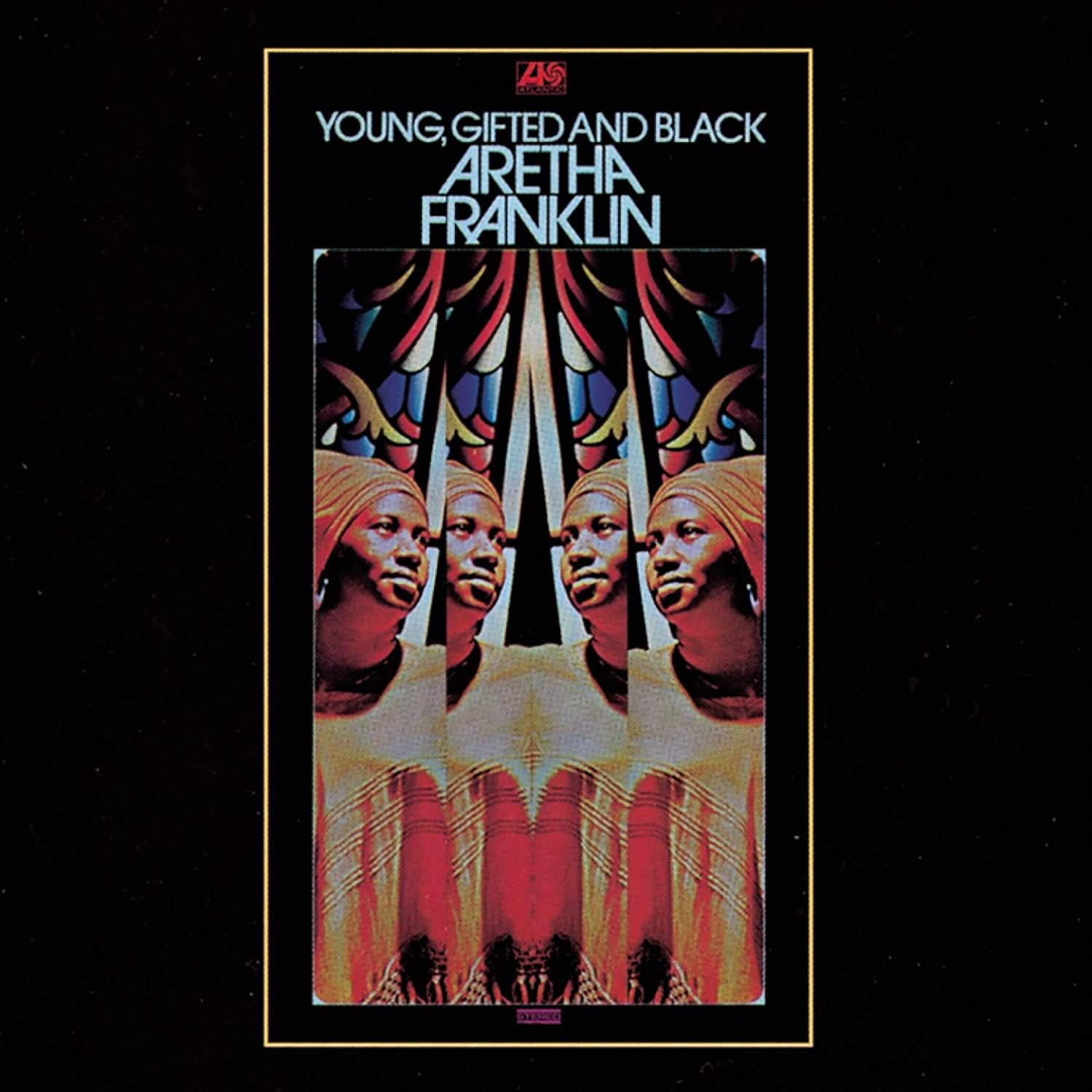
1972, 8.5/10
Young, Gifted, and Black follows the format of Franklin’s 1960s Atlantic records, with a mix of originals, soul covers, and pop covers. It’s helped by a more hard-edged sound; as good as the Muscle Shoals guys were, here Franklin is aided by arguably the greatest ever rhythm section in Bernard Purdie and Chuck Rainey. The band also features guitarist Cornell Dupree and Donny Hathaway on Hammond organ, while Franklin handles most of the piano.
Young, Gifted, and Black features Franklin’s best clutch of originals – most famously the James Brown groove of ‘Rock Steady’, where Purdie reportedly developed the famous Purdie shuffle, and the sophisticated pop of ‘Day Dreaming’. Franklin also wrote the pretty piano ballads, ‘All the King’s Horses’ and ‘First Snow in Kokomo’. The soul covers of Otis Redding’s ‘I’ve Been Loving You Too Long’ and Nina Simone’s ‘Young, Gifted and Black’ are predictably great. Young, Gifted, and Black tails off a little at the end with a cluster of pop covers, although her version of The Beatles’ ‘The Long and Winding Road’ improves on the Phil Spector-produced original.
Young, Gifted, and Black marks the end of an era for Franklin – when she next returned to the studio, Quincy Jones would be in the producer’s chair instead of Jerry Wexler.
Amazing Grace
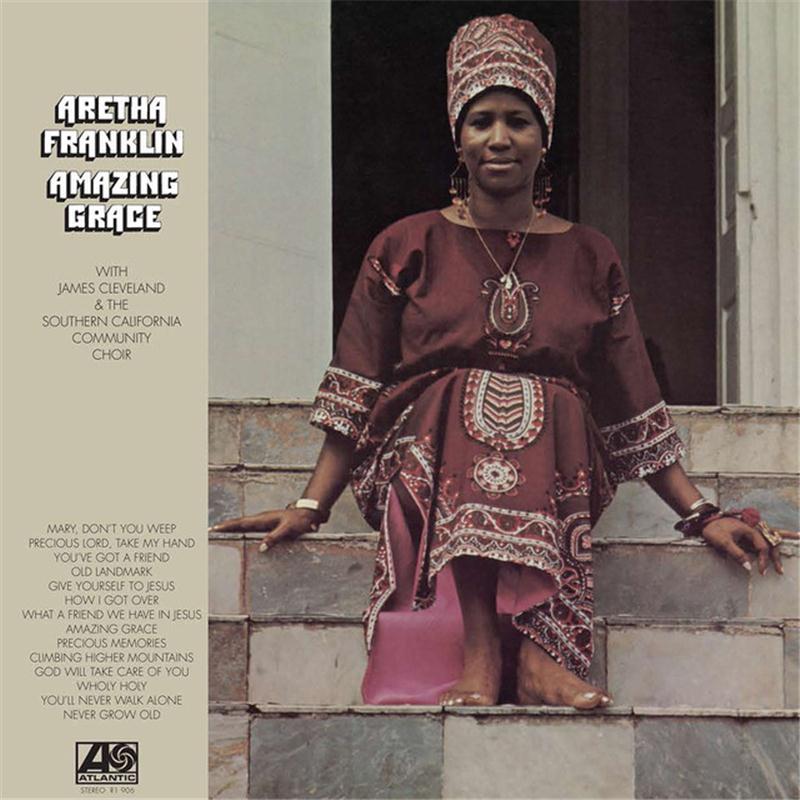
1972, 7/10
This live double album of gospel chestnuts is Franklin’s highest-selling records, and the highest-selling gospel album of all time. Purdie and Rainey are back, although they’re less important to this record with its long-form gospel songs. Rev. James Cleveland’s piano and the Southern California Community Choir are much more prominent. Franklin’s father, Rev. C.L. Franklin of New Bethel Baptist Church, drops in to deliver a few words. It was planned to release Amazing Grace as a movie in 1972, but due to technical difficulties, it was shelved until 2018.
Amazing Grace is a difficult album to rate – like a lot of live albums, the track lengths swell out past my attention span, and there’s little stylistic variation over 87 minutes. At the same time, it captures some of Franklin’s best vocal performances, in her home territory of gospel. Unsurprisingly, Franklin shines on spirituals like ‘Mary Don’t You Weep’. Her reinvention of Marvin Gaye’s ‘Wholly Holy’ is amazing – it stands out among the hymns with a gentler touch and a different melodic tradition than chestnuts like ‘What a Friend We Have in Jesus’ and ‘Amazing Grace’.
Amazing Grace is Franklin operating at full steam in the gospel tradition she grew up in, but it’s not concise enough for my liking.
Hey Now Hey (The Other Side of the Sky)
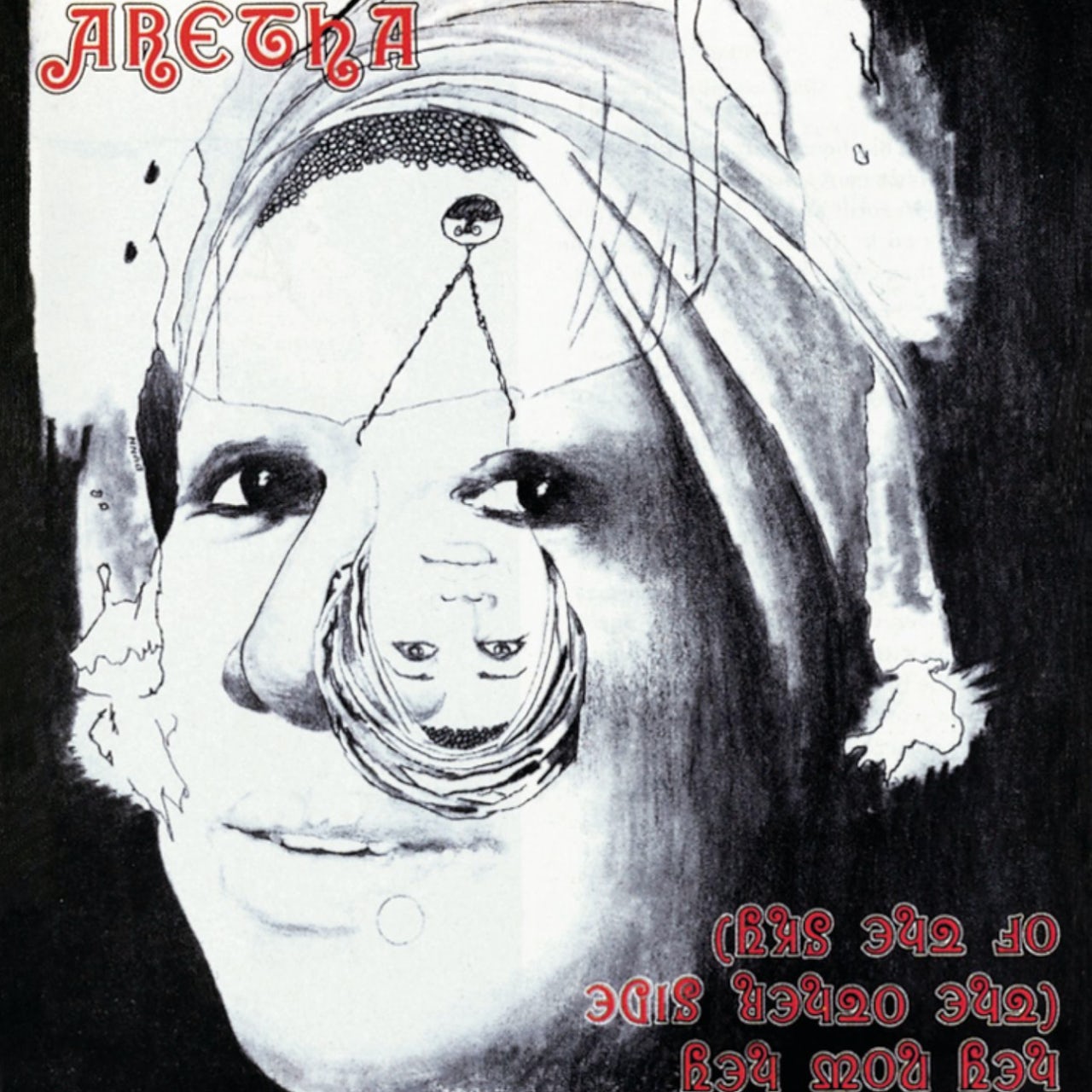
1973, 8/10
Conventional wisdom suggests that Franklin peaked in the years between 1967 and 1972, but 1973’s Hey Now Hey deserves consideration as a continuation of that era’s creativity. Franklin recorded her ninth studio album for Atlantic with Quincy Jones in LA. This means it’s her first record for years without Jerry Wexler, although Muscle Shoals veterans like Tommy Cogsbill, Spooner Oldham, and Roger Hawkins are involved. Musically, it’s somewhere between the vocal jazz of Soul ‘69 and adult contemporary pop.
The hit was the soul ballad ‘Angel’, written by her sister Carolyn Franklin and later covered by Simply Red. Carolyn Plummer’s ‘Mister Spain’ is memorable, an unsettling anti-drug song that starts with the bizarre lines “I can feel your blackness/and your manhood, and your love. I can touch your whiteness/and your oranges, and your power.” Franklin takes on the jazz standards ‘Moody’s Mood’ and Leonard Bernstein’s ‘West Side Story’, playing a lovely piano solo on the latter alongside Phil Woods’ saxophone. Franklin wrote the sweeping title track, and the swinging ‘So Swell When You’re Well’.
Hey Now Hey lacks the raw edges of Franklin’s earlier records for Atlantic, but it’s worthwhile, occupying a space between jazz and adult contemporary.
Let Me In Your Life
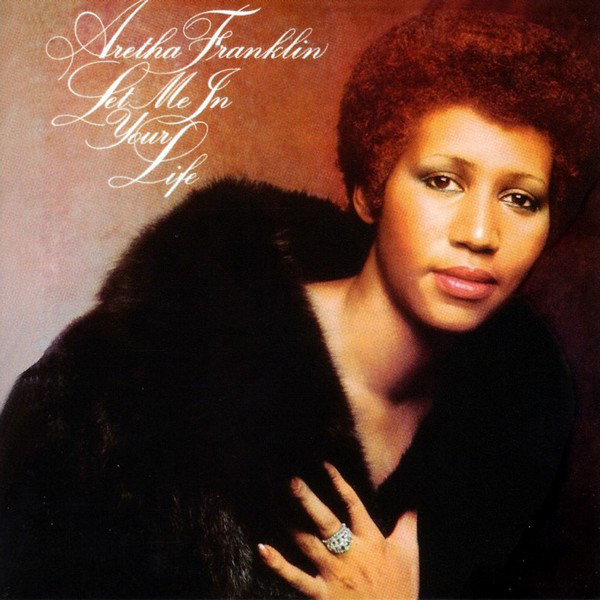
1974, 6/10
Franklin returned to Jerry Wexler and Atlantic Studios for Let Me In Your Life. Let Me In Your Life lacks the rawness of her earlier records with Wexler, and the adventurous spirit of Hey Now Hey, leaving a relatively bland adult contemporary record. Regulars like Cissy Houston, Bernard Purdie, and Chuck Rainey are back, but the addition of less exciting studio pros like Willie Weeks, Richard Tee, and Ralph MacDonald probably contributes to the blander sound.
The materially is generally fine. The title track comes from Bill Withers, while the single was ‘Until You Come Back To Me (That’s What I’m Gonna Do)’ – a song that Stevie Wonder wrote in 1967 but didn’t release until 1977. Franklin’s own composition ‘If You Don’t Think’ is affecting – especially the line “If you don’t think/You can trust anybody’s love in this world/Darling trust mine.” The bluesy ‘Eight Days on the Road’ adds a much-needed toughness that’s lacking elsewhere on Let Me In Your Life.
There’s good material on Let Me In Your Life, but it’s less distinctive than what came before and it’s deterred me from delving into Franklin’s later records.
Ten Best Aretha Franklin Songs
Back to 1960s Album Reviews….
17 Comments
Leave a Reply
Related Pages
About
Aphoristic Album Reviews is almost entirely written by one person. It features album reviews and blog posts across a growing spectrum of popular music.
Review Pages
Read about the discographies of musical acts from the 1960s to the present day. Browse this site's review archives or enjoy these random selections:
Blog Posts
I add new blog posts to this website every week. Browse the archives or enjoy these random selections:
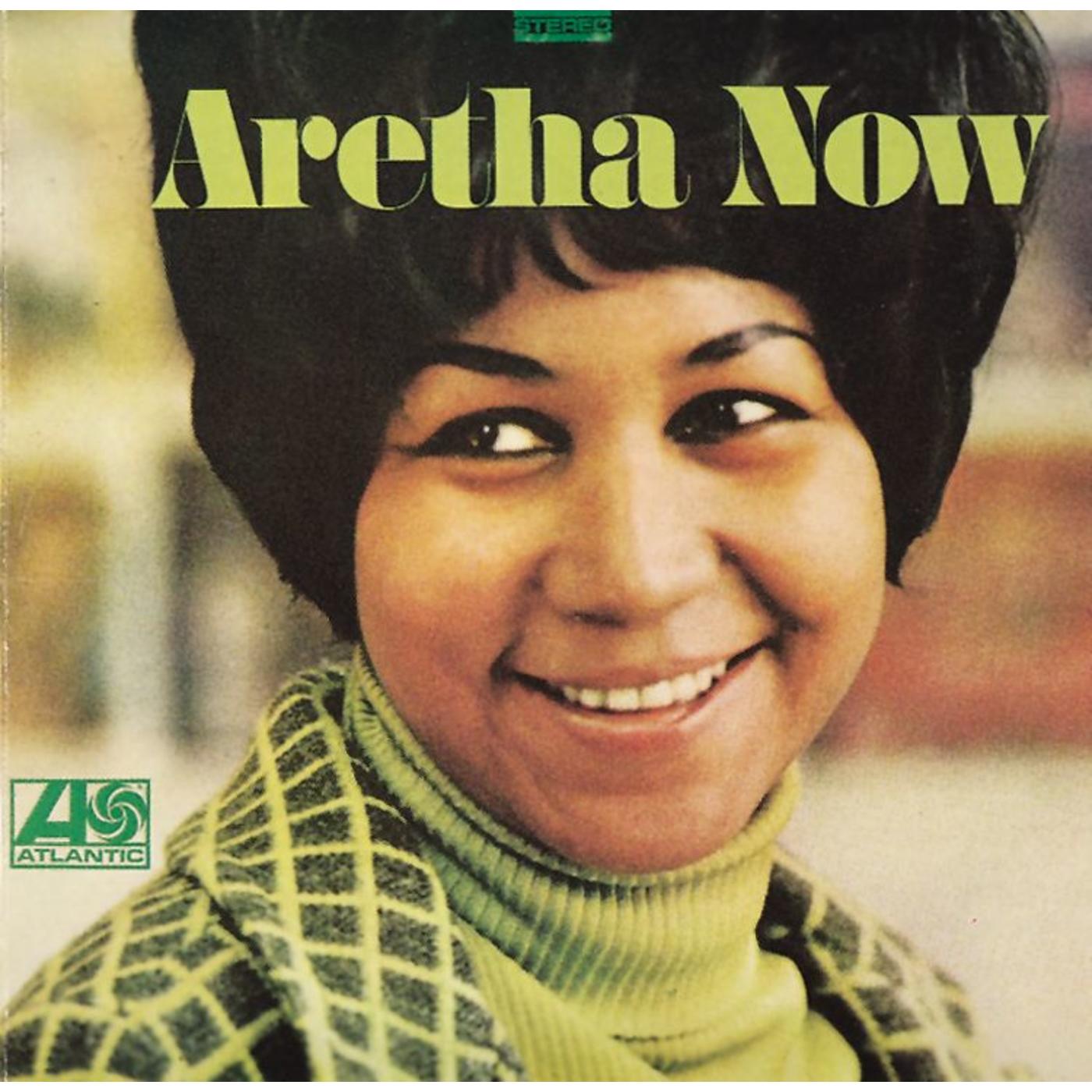
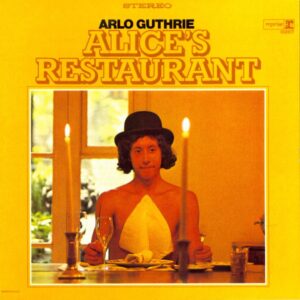
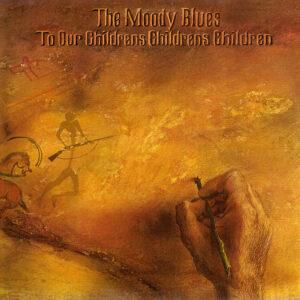
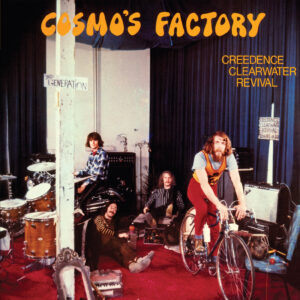
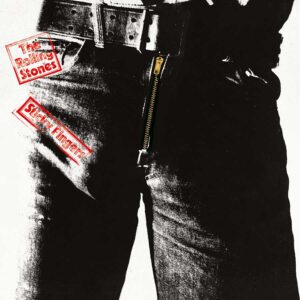
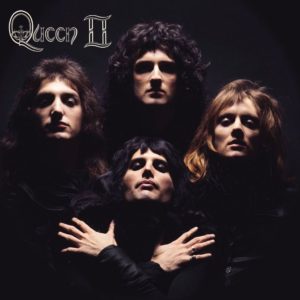
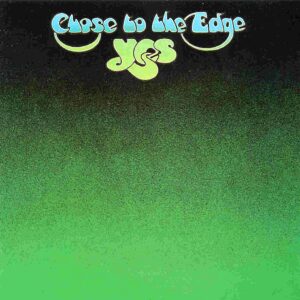
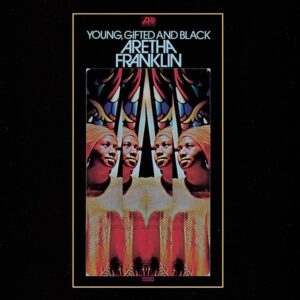


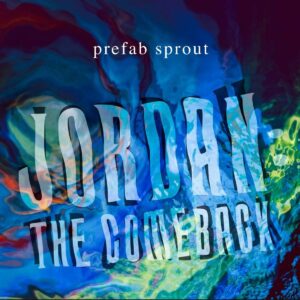
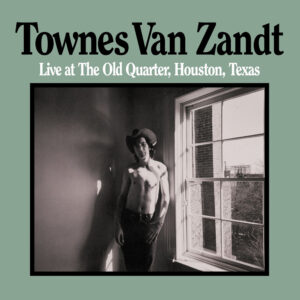
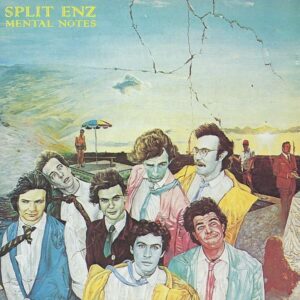

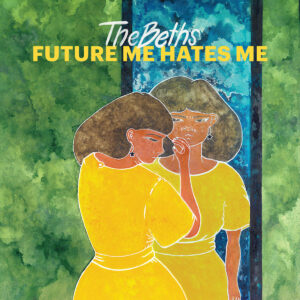
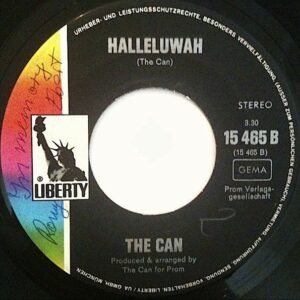
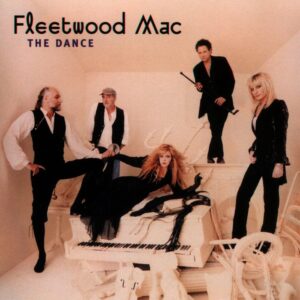
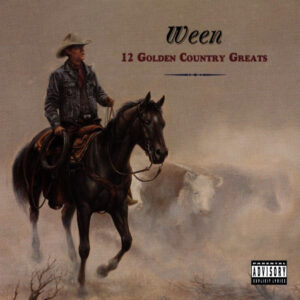

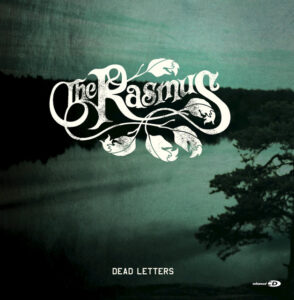





Are you going to do all her sixties and seventies albums? I hope you do Hey Now Hey and Let Me in Your Life, because those are her two best albums. I don’t know why they’re always so ignored cuz they’re more interesting than anything she did in the sixties. Those 60 albums were very very spotty I thought and had more crummy songs than good ones on them. The albums I mentioned are spotty too, but they there are more good ones on them than anything else she did. They’re also her final decent albums. She didn’t really have any more good singles after that either. Or at least no more classic ones.
I don’t really plan on going backwards before 1967, but I’m interested in checking out the two you mentioned from the 1970s. I find her tough to review as I don’t really have the background in R&B/soul to judge her work as confidently as with pop/rock. Great voice and band though, which carries a lot of the weaker material.
I bought a two CD compilation from a second-hand store years ago. I hated most of the 1980s stuff, but ‘A Rose Is Still A Rose’ from 1998 is a very good song IMO. It’s basically Franklin fronting a Lauryn HIll song though.
My favorite one is 10 Years of Gold because it has all her best 1960s hits and all her best early 1970s hits. There’s one post 1974 song and it’s missing I say a little prayer unfortunately, but it’s her best chosen compilation and it doesn’t have too much on it like the later ones. And it includes a couple non-lp hits that are some of her best.
Its interesting because I always used to wonder if her record labels were the ones who wanted her to do so many pop songs, but I heard a radio interview with her years ago and she said she’s the one that chose all the pop songs, and the producers wanted her to do more R&B and blues type songs because, after all, they were pushing her as the queen of soul. She said that growing up she was only allowed to listen to gospel but what she secretly listened to was pop radio because that’s what she really liked . That explains a lot. lol
I always assumed that it was the record company! I guess most of the pop songs weren’t hits.
A couple years ago I finally listened to her old early album on Columbia cuz I never really heard them before. Most of it is kind of lame but her singing is pretty good. Some of it is a little bit Jazzy but mostly it’s a lot of old show tunes and Broadway and songs from movies and old pop standards from the forties and fifties and stuff like that. And I still have never listened to the entire album of Amazing Grace or that other gospel album she did later in the 1980s or something. But someday I’m going to. lol.
That’s kind of what I expected from the Columbia stuff.
I agree abut the difficulty of reviewing Aretha’s many albums.They are all great but I still have trouble saying much about them.
https://psb.psbmusicreviewsblogspot.com/2019/12/aretha-franklin-selected-other-albums.html
Thanks for writing in.
I’ve been browsing your blog and enjoying it – I need to remember to follow it later when I’m on my work computer. Looks like we like a lot of the same stuff, and a lot of the differences are because of a twenty year age gap. You’re very prolific – I normally only manage a couple of new artist pages a month!
That’s one of the joys of retirement! I can spend hours listening to music, reviewing and reading other blogs like yours!
Paul
I actually think listening time (to know albums well enough to talk about them) is more of a constraint that writing time, for me at least. I work from home so I normally get a decent amount of listening time each week, but still not enough to power through pages super fast.
A lot of my reviews I had done earlier (on Amazon) so when it looks like I have done hundreds of reviews in a month, it is a bit misleading, because I was just transferring them on to my blog and adding pics.
I enjoy doing the blog, but I’m not sure anyone reads it! The only supposed “views” come from Russia or China! I have never had any feedback other than the occasional Chinese trying to sell me something.
I just added you to my links page which might help a little. I have found that I’ve had a huge growth in visitors this year – just sticking around and being consistent can take a while to pay off. Looking at your site briefly (and I mean to come back and look better when I have a chance), I’d suggest tidying your footer. It might confuse Google having that big list of artists at the bottom – might be better to just link to your alphabetical index page instead.
Hi Graham, it’s Paul (The Punk Panther/PSB). I am using my wife’s blog to comment because for some reason I am having major Word Press problems. They will not let me comment or reply, only leave a like. It all stems from trying to change the user name from PSB to The Punk Panther and now the whole thing is corrupted.
This is a shame because I was enjoying commenting on your site. I have emailed WordPress so maybe they will sort it out.
Thanks for the advice re: my blog. I will follow it.
Thanks very much for the helpful advice Graham. Much appreciated. I will follow it.
Hi Graham, please accept my sincere apologies for all this comment confusion. There was a problem with WordPress but they have now sorted it, it would seem, as I can leave comments as normal, which is a relief.
Incidentally, their customer service was very impressive.
Paul
PS maybe its best if you delete all these comments which are irrelevant to the review!